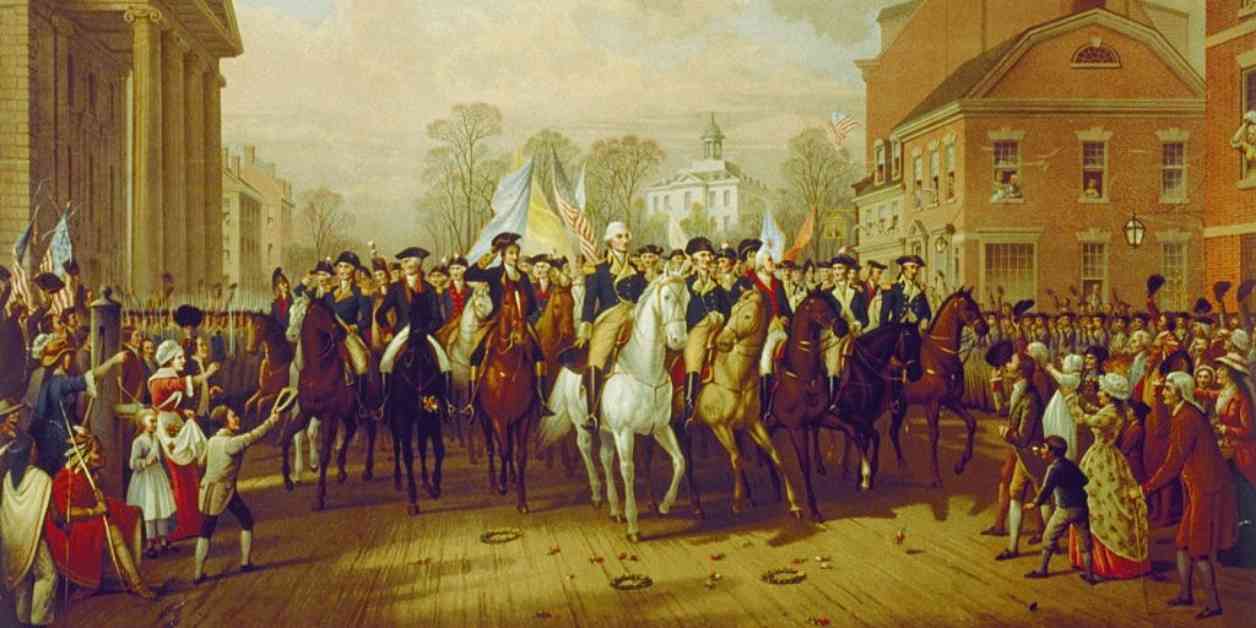When President Abraham Lincoln declared Thanksgiving a national holiday, he unintentionally overshadowed a significant patriotic celebration known as Evacuation Day, which took place during the last week of November. In 1863, Lincoln expressed gratitude for harvest blessings, and by the 1940s, Congress had designated the fourth Thursday of November as Thanksgiving Day. This shift, along with improving relations with Great Britain, led to the decline of Evacuation Day.
After the Declaration of Independence in 1776, New York City remained under British control until the end of the Revolutionary War. Captured Continental soldiers were imprisoned on ships in New York Harbor, and British political activities were concentrated in the city. However, on November 25, 1783, following the signing of the Treaty of Paris, the British evacuated the United States, allowing the new “Americans” to reclaim their land.
One notable incident during the evacuation was when Sgt. John van Arsdale, a Revolutionary War veteran, climbed a greased flagpole at Bennett Park to replace the Union Jack with the Stars and Stripes. This act symbolized the transition of power and was visible across the island. The departure of British forces was marked by a final blast from a warship aimed at Staten Island, narrowly missing a crowd gathered to witness the event.
On that historic day, General George Washington and New York Governor George Clinton led a military parade through Lower Manhattan, culminating in a celebratory dinner and toast at Fraunces’ Tavern. The tavern, now a museum, played a significant role in providing food and intelligence to the Continental Army during the war. Washington’s farewell address to his comrades reflected the spirit of gratitude and hope for the future of the new nation.
Before Thanksgiving became the widely celebrated holiday it is today, Evacuation Day held more significance, with schools closed, parades, and formal dinners at prestigious venues like the Plaza Hotel. However, as diplomatic relations with the UK improved and alliances during the World Wars solidified, the observance of Evacuation Day diminished.
In recent years, sporadic flag-raisings and commemorative events have been held to honor Evacuation Day at historical sites in New York City. The traditions of the past, including the toasts made at Fraunces’ Tavern, continue to be remembered by organizations like the Sons of the American Revolution. These rituals serve as a reminder of the sacrifices made for the nation’s independence and the importance of preserving its history.




